Healthcare Costs Too High? Digital Health Tools Can Help.

The Biden administration announced a new initiative in November to boost research into women’s health. The announcement acknowledges a reality that many women have experienced firsthand: healthcare access is a […]
Harnessing the Potential of Generative AI – A Journey From Experimentation to Adoption

The field of artificial intelligence (AI) has witnessed accelerated advancements in recent years, and one of the latest breakthroughs is Generative AI (GenAI). By leveraging large language models (LLMs) trained […]
How the Concept of Human Digital Twins is Revolutionising Personalised Healthcare

In the past decade, healthcare has shifted from a one-size-fits-all approach to more personalised and patient-centred services. The predictive, preventive, personalised and participatory (PPPP) vision of medicine is now widely […]
SaaS Programs Revolutionizing the Healthcare Industry

Medicine has always been a people-focused endeavor. After all, its core mission is to help and heal. Its sole purpose is to shepherd people through some of the most important, […]
Fintech in Healthcare: Improving Healthcare Affordability Across the Globe
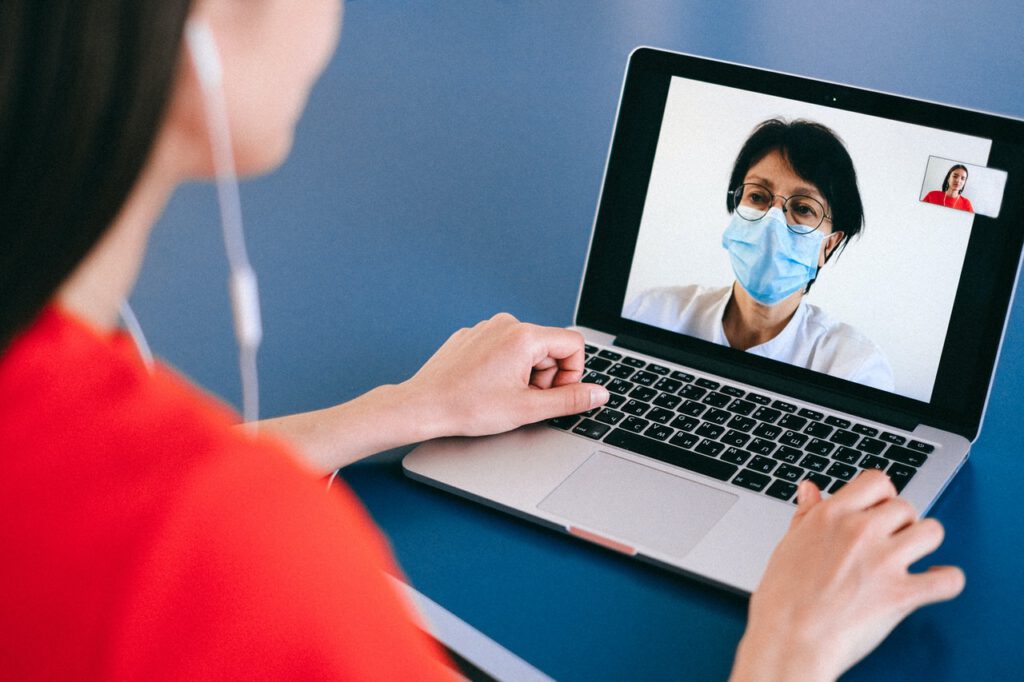
Rising service prices, patient number growth, and population aging have always been driving up the cost of healthcare around the globe. But do these trends justify the sharp 50% increase […]
When Sci-Fi Meets Modern (and Future-looking) Healthcare Applications
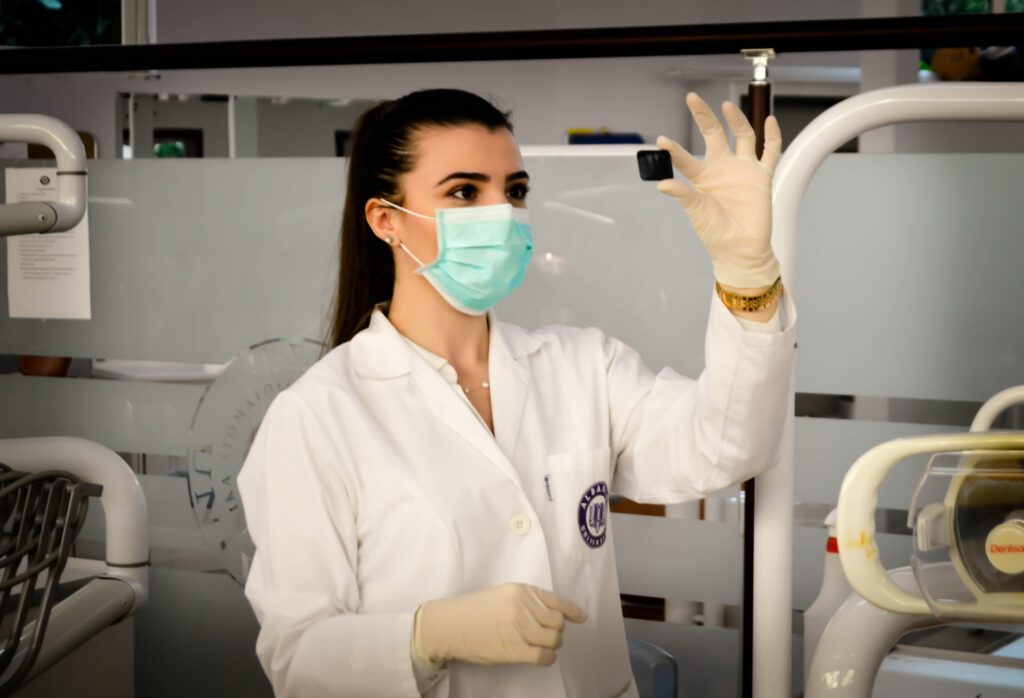
The sci-fi genre has long captivated our society by introducing imaginative technologies the world has never seen. But the ideas that once captivated us due to their outlandishness — from […]
Antidote Health to Set Up Nation’s First Virtual HMO
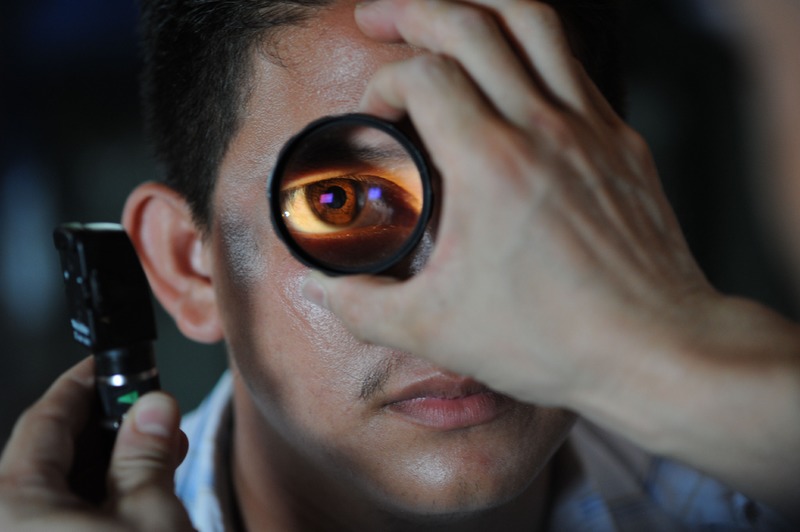
Antidote Health, a telehealth provider, announced it has raised $12 million in seed funding to build an AI-based virtual Health maintenance organization (HMO). The round was led by iAngels, Well-Tech Ventures, and Flint Capital, […]
This Employer-Built Healthcare Benefits Provider Is Challenging Wall Street

The pandemic brought more awareness to our crumbling healthcare system, with many hoping to see sweeping reforms as America battled the pandemic. Unfortunately, it did not happen, and it does […]
Digital Health Innovations Helping Combat COVID-19

Health-care professionals worldwide typically have access to the latest and greatest technology that can be used to diagnose, treat, and prevent health conditions. Innovation is often borne out of necessity, […]
Printing Human Organs: Additive Manufacturing in Healthcare
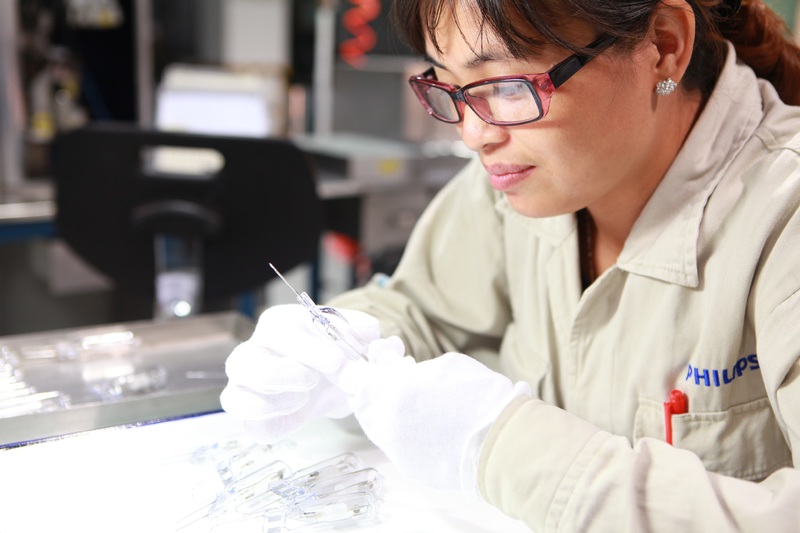
It’s no secret that additive manufacturing (AM) has massive potential in all kinds of innovative solutions across industries. In healthcare, 3D printing stands to revolutionize products and care solutions alike […]
In The Wake Of U.S. COVID-19 Mutation; Medical Professionals Are “Doubling Down”
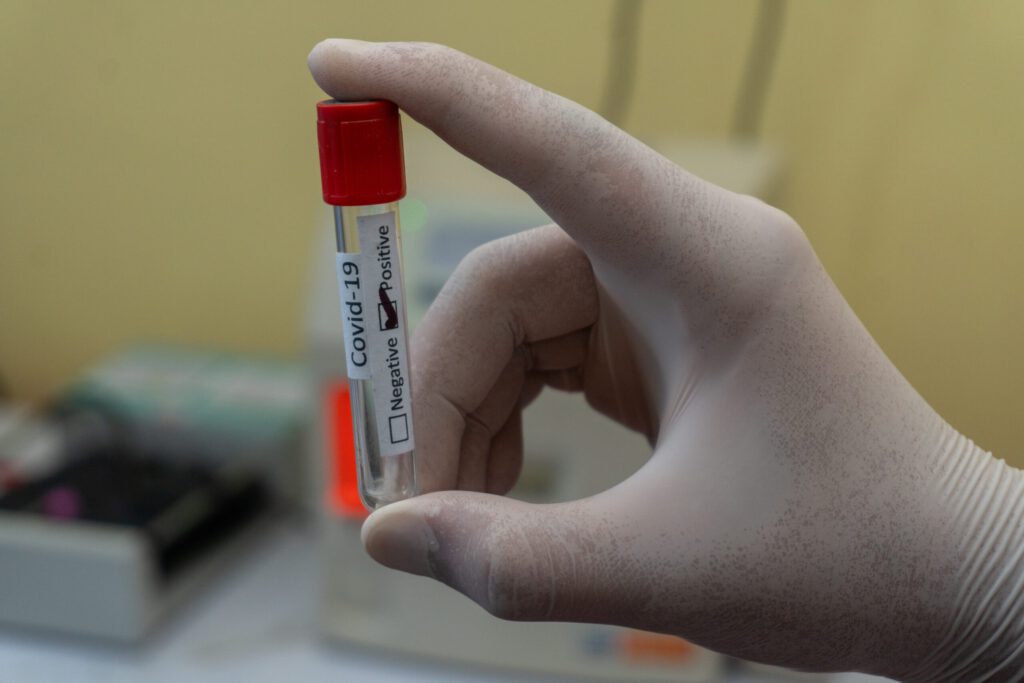
SIU professor who discovered U.S. variant tells Innovation & Tech Today “Time will Tell”
Research from Southern Illinois University Carbondale (SIU) has uncovered a new variant of the COVID-19 virus specific to the United States. According to the study, there is already a growing list of mutations in the United Kingdom and South Africa, while the U.S. version is suspected of being more transmissible than other variants, while its impact on vaccines is uncertain.
Using Digital Health Technology To Advance Medical Nutrition Therapy
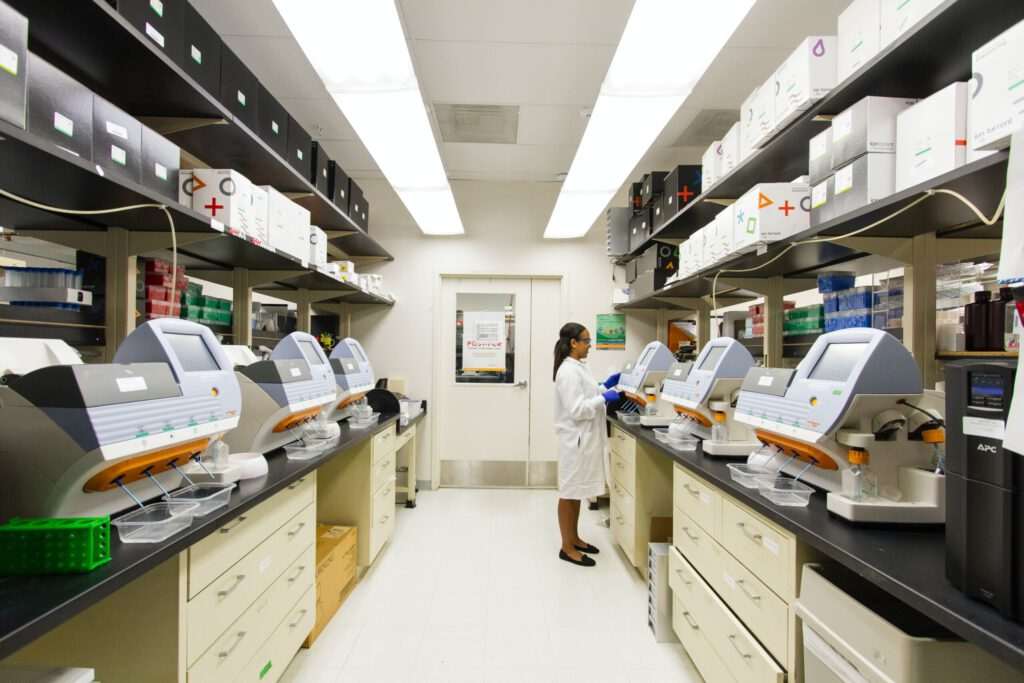
Diet is the number one-cause of premature death and disability in the world; and most deaths can be prevented by diet.1 Recent research also shows diet-related conditions to contribute to poorer outcomes for COVID-19 patients.2 Adhering to a well-balanced diet has the ability to reduce the risk of diabetes, heart disease, and cancer by up to 90 percent and may help fight against the COVID-19 pandemic.3 Diet therapy is not just preventative, it can also play a large role in the management and treatment of both acute and chronic disease through medical nutrition therapy.
Kenota Health Raises $11M In Funding To Bring Point-of-Care Allergy Testing To Healthcare Clinics
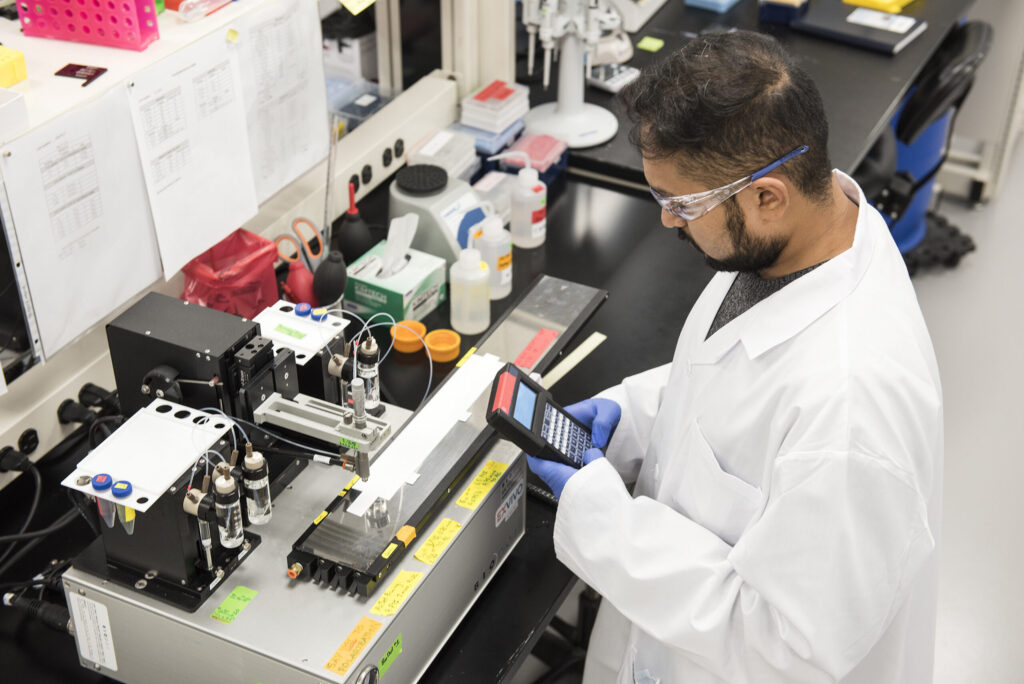
Kenota Health Inc., an innovative medical technology company based in Canada, has raised $11 million in funding with the aim of providing rapid and reliable allergy testing for physicians to test and treat more patients within a single clinic visit.
Pending Emergency FDA Approval; MedWand Device To Revolutionize Telehealth Amid Pandemic

Advancements in telehealth have been on the rise for some time with increasing need as the pandemic puts strain on the traditional healthcare system; MedWand Solutions has revolutionized at-home care with their newest telemedicine kit.
AR & VR telemedicine as a new norm

The COVID-19 pandemic has pushed the healthcare industry to the limit, making providers speed up the adoption of health IT tools allowing for remote healthcare services.
Why The FDA’s Recent Approval Of New Vaccine Is A Gigantic Win In The War On Cancer
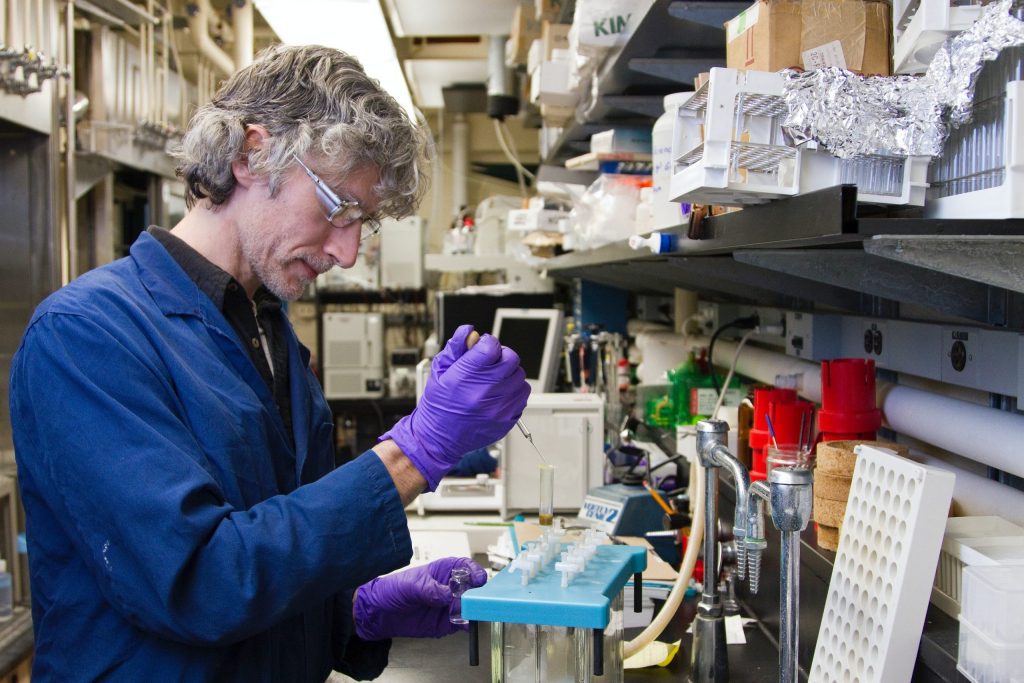
The global war against the coronavirus pandemic continues to wage on while researchers and medical experts seek to find a cure for COVID-19 symptoms. While many believe this is here to stay for an indefinite period, others feel that this too, shall pass.
High-Tech Medical Devices For The Smart Home

Your smart home probably has gadgets to help you enjoy more convenience or stay entertained. Why not add to the assortment and invest in things that could improve your well-being? Here are seven high-tech medical devices to consider adding to your smart home.
New Healthcare Plan Could Help You Pay Deductible

In the U.S., the global coronavirus has claimed nearly 100,000 lives and 30 million jobs. Consequently, what COVID-19 has brought to light is the strength of our country’s health care infrastructure, begging the decades-old question of how we perceive medicine, doctors, hospitals, insurance companies, and pharmaceutical manufacturers.
Our High-Tech Healthcare Companions
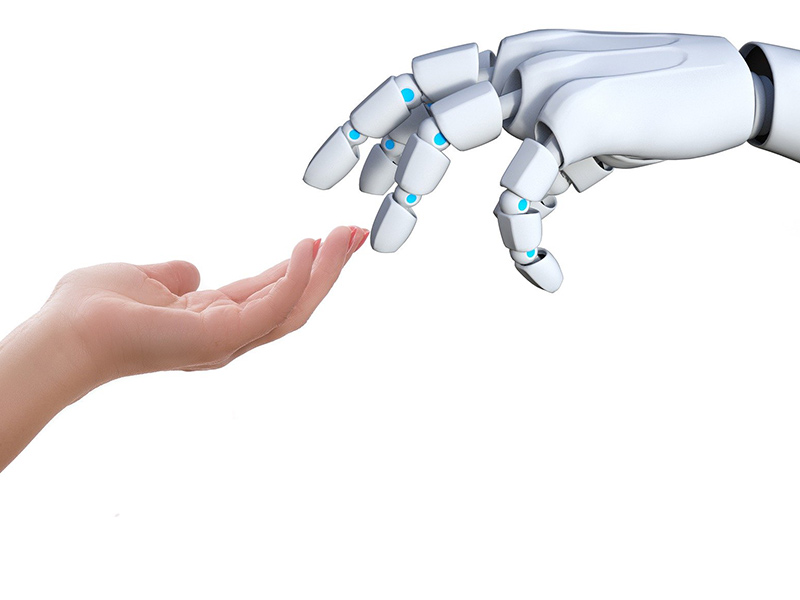
Of the many technologies portrayed in science fiction that have become reality, robots have perhaps played the greatest role in rapidly reshaping our society. From architecture to zoology, you can find these electronic helpers tirelessly working alongside their human counterparts in just about every area of research and industry.
New Injection Molding Technology Could Close COVID-19 Testing Gap
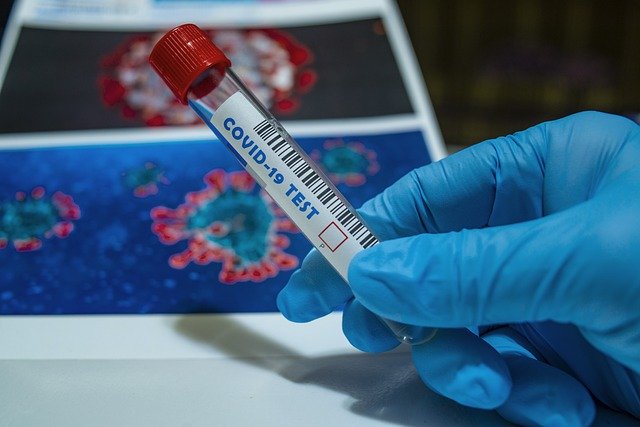
Following the White House’s declared state of emergency in March and subsequent Harvard study showing a need for up to 20 million COVID-19 tests per day by the end of summer, innovation from the manufacturing industry has responded with a scalable technology capable of closing the testing gap.
How Relode is Disrupting Healthcare Recruiting With P2P Platform

Relode’s recruiting software is revolutionizing the way healthcare professionals find jobs. Find out how their website works right here.
4 Technologies That Are Revolutionizing Surgery
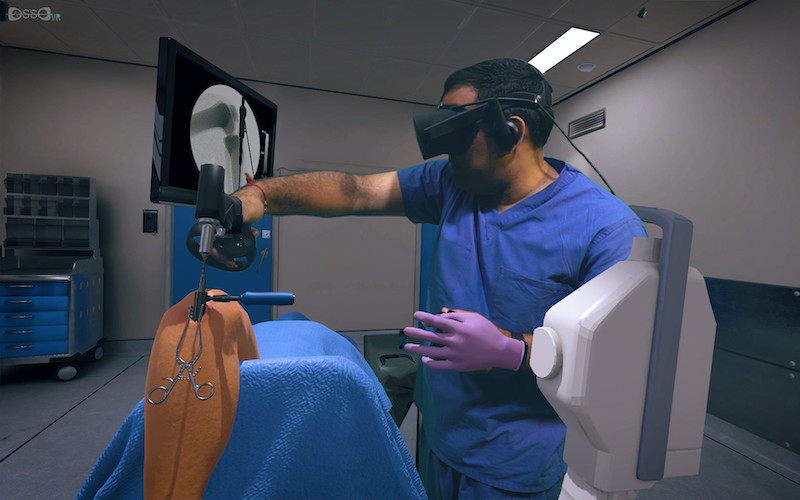
Here’s a look at four revolutionary medical technologies – from VR to robots – you may see the next time you go in for surgery.
What AI’s Lifespan Boost Will Mean for the Healthcare Industry

As health technology continues to advance, so will life expectancies and Artificial Intelligence has the potential to shake up the healthcare industry.
Let’s Get Physical: How the Digital Age is Improving Health and Removing Costs
In 2015—the most recent year for which data is available— the total amount spent on healthcare in the United States was $3.2 trillion, which represents 17.8% of gross domestic product […]


